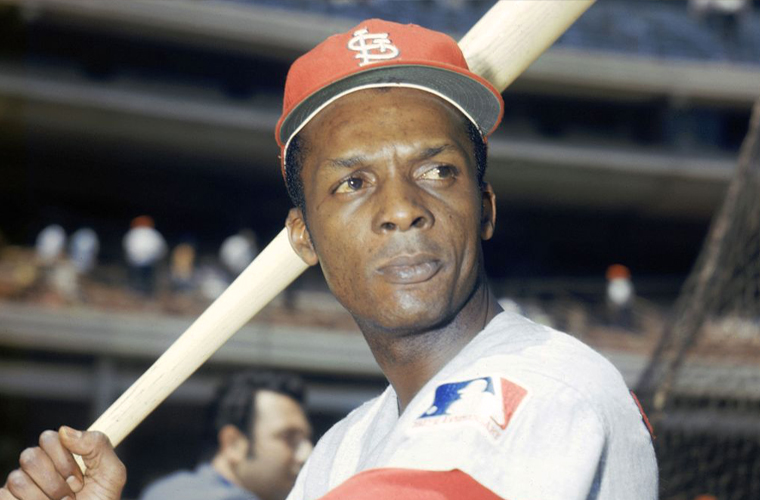Curt Flood was a professional baseball player who played as an outfielder in Major League Baseball (MLB). He was born on January 18, 1938, in Houston, Texas, and died on January 20, 1997, in Los Angeles, California. Flood was known for his exceptional defensive skills and was considered one of the best outfielders of his time. He spent the majority of his MLB career with the St. Louis Cardinals from 1958 to 1969. During his time with the Cardinals, Flood won seven Gold Glove Awards for his outstanding fielding performance.
However, Flood became more famous for his role in challenging the reserve clause, which was a longstanding rule in baseball that tied players to their teams, giving the team complete control over the player’s career and salary. In 1969, the Cardinals traded Flood to the Philadelphia Phillies, but he refused to report to his new team. Instead, he wrote a letter to the then-MLB Commissioner Bowie Kuhn, expressing his strong objections to being treated as property and challenging the reserve clause’s legality.
Flood’s refusal to accept the trade and his subsequent legal battle against the reserve clause set off a series of events that eventually led to a landmark Supreme Court case, Flood v. Kuhn (1972). Although the Supreme Court ruled against Flood in his lawsuit, the case ignited public debate about the reserve clause and players’ rights. It paved the way for future players’ union negotiations and eventually contributed to the elimination of the reserve clause and the establishment of free agency in baseball.
Despite not achieving legal victory, Curt Flood’s courageous stand and willingness to challenge the status quo had a profound impact on the game of baseball and professional sports as a whole. He is often remembered as a pioneering figure in the fight for players’ rights and is considered a hero to many athletes who have since benefited from increased player mobility and improved working conditions.


